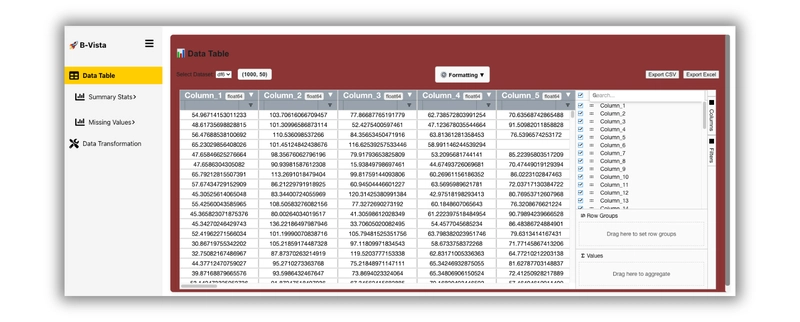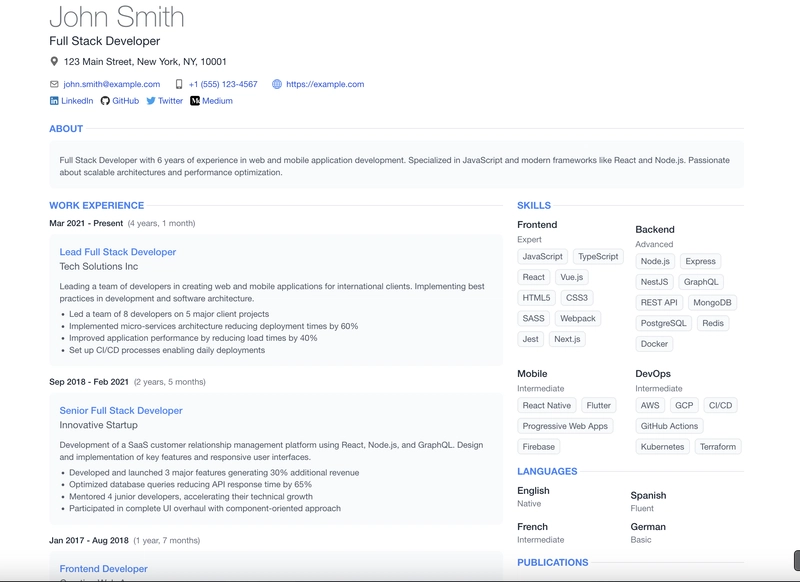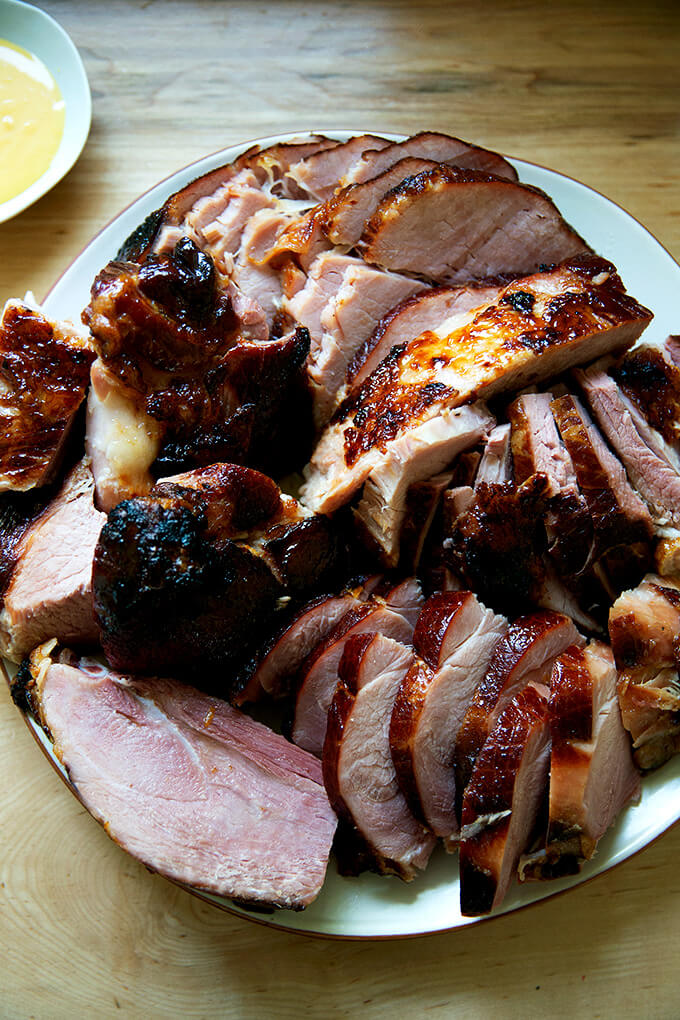Why China Can’t Win a Trade War
A trade war hurts everyone but China is especially vulnerable.


Does China have some not-so-secret weapons that will help it outlast the U.S. in the trade war?
It might seem so. Chinese leaders remind youth that they should learn to endure hardships—“eat bitterness,” as the Chinese say—unlike overweight and lazy Americans. Its autocratic government brooks no dissent so decision-making should be easier than in fractious America and decisions should stick longer. And China has dozens of ways to make life miserable for U.S. companies, who can be relied upon to lobby Washington to back off. [time-brightcove not-tgx=”true”]
But those ideas reflect an outmoded view of China and a fundamental misunderstanding of its economic and political system.
Eat bitterness? Sure, in the past when China was far poorer. But it now has the same middle-class ennui as the U.S. and the Communist party’s legitimacy is largely based on an implied contract that it will improve living standards, not set them back. (Oh, and more than half of Chinese are now overweight, hardly a sign of asceticism.)
As for a dictatorship being able to make decisions at the snap of the fingers? Not really. Beijing has a labyrinth bureaucracy that carefully considers—and reconsiders—options before they go up the chain for decision making. Xi Jinping is the preeminent leader but looks for consensus from top party officials he has put in power.
If anything, when it comes to decision-making in the trade war, the U.S. is much closer to one-man rule than China. One reason Donald Trump may love tariffs is that he can apply them, raise them, lower them, or pause them by whim. Congress has delegated its constitutional tariff power to the executive branch and the courts generally defer as well on matters framed as defending national security.
Of course, China has many ways it can try to make the U.S. capitulate but all of them have significant drawbacks. It can try to match the U.S. tariff hikes, as it once again did on Friday, ramping them up to at least 125%, while calling the “abnormally high numbers” a “joke in the history of the world economy.” Indeed. They are now so high, that they will crash orders and halt trade—although don’t bet that Trump will see it that way.
As he told his aides during his first administration, “They’ll run out of bullets first.”
Or Beijing could pressure U.S. companies, which they are starting to do, with antitrust probes, limits on Hollywood films, and blacklisting some U.S. exporters. But push too hard there and the foreign investment that China depends on for jobs and technology, which has plunged since the pandemic, will evaporate.
Then there is China’s vaunted control over the minerals and so-called rare earths used to make electronics. But U.S. companies generally don’t buy the minerals directly from China. Rather, they are packaged into components sold to U.S. buyers. Should Beijing push too hard, it will incentivize other nations to match Chinese subsidies for mining and processing.
Read More: How Rare Earths Are Playing a Pivotal Role in the U.S.-China Trade War
Finally, there are financial weapons. During the last trade war, China devalued its currency somewhat to reduce the cost of its U.S. exports, which were hit with tariffs of between 7.5% and 25%. But the Chinese yuan would need to take an enormous hit even to partially offset three-digit tariffs, and that would make imports enormously expensive in China and encourage a massive outflow of capital as ordinary Chinese search for ways to convert their yuan into dollars or euros.
Conversely, if China tried to sell off its horde of more than $760 billion in U.S. Treasury bonds, which would drive up interest rates in the U.S., that would also increase the value of yuan, making Chinese exports even more expensive. Again, that’s the opposite of what China wants.
All this isn’t to say that China is stuck and at the mercy of the U.S. The cliché among economists is that a trade war hurts everyone, and that’s true. China may strike out at the U.S. in one of the many ways I listed even though it could hurt Beijing more. Or it can largely sit still and wait for the U.S. president to implode the economy.
Tariffs of 125% on the U.S.’s third largest trading partner, which makes everything from Christmas lights to iPhones to industrial components will hike prices so high in the U.S. that it could throw the country into recession. And, as tariffs always do, they will hit the wallets of poorer people more than the wealthy who can afford higher prices. Democrats—and maybe even retailers—will encourage consumers to think of the tariffs as a Trump sales tax.
That alone will put pressure on the U.S. to settle, whatever China does.
And there is one more twist. Because the U.S is now charging at least 125% tariffs on everything from China and only 10% tariffs on goods from everywhere else, there is an enormous incentive for Chinese producers to evade tariffs by shipping goods through a third country. That would sharply reduce the tariff money Trump and other Republicans are counting on to help finance their agenda.
Both nations have huge incentives to work out a deal that could at least de-escalate the trade war. China’s Commerce Ministry says it is open to “dialogue and consultation.” Trump says he wants to discuss a deal with Xi. To get a positive response, Trump is turning to his flattery playbook, calling his Chinese counterpart “a proud man,” among other encomiums.
Those comments look like a mutual recognition that a trade war of attrition is a loser for both countries.






































!['The Dream is [still] Alive': First IMAX film shot in space at 40 years](https://cdn.mos.cms.futurecdn.net/ii3bo2jM3f9hmrYbo3p7pF.jpg?#)







































